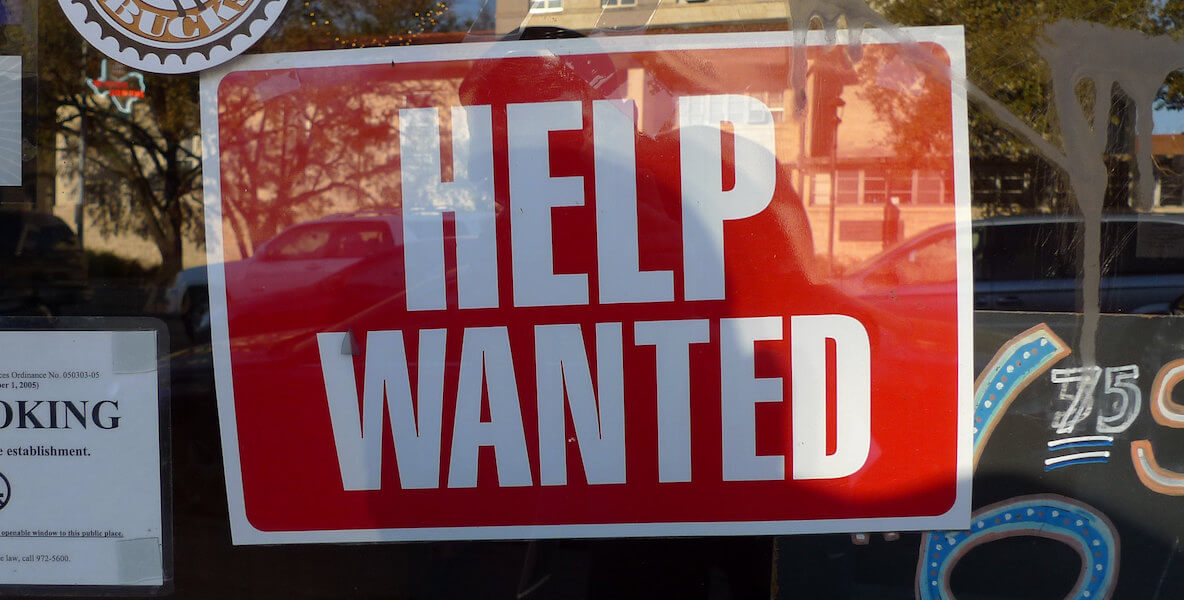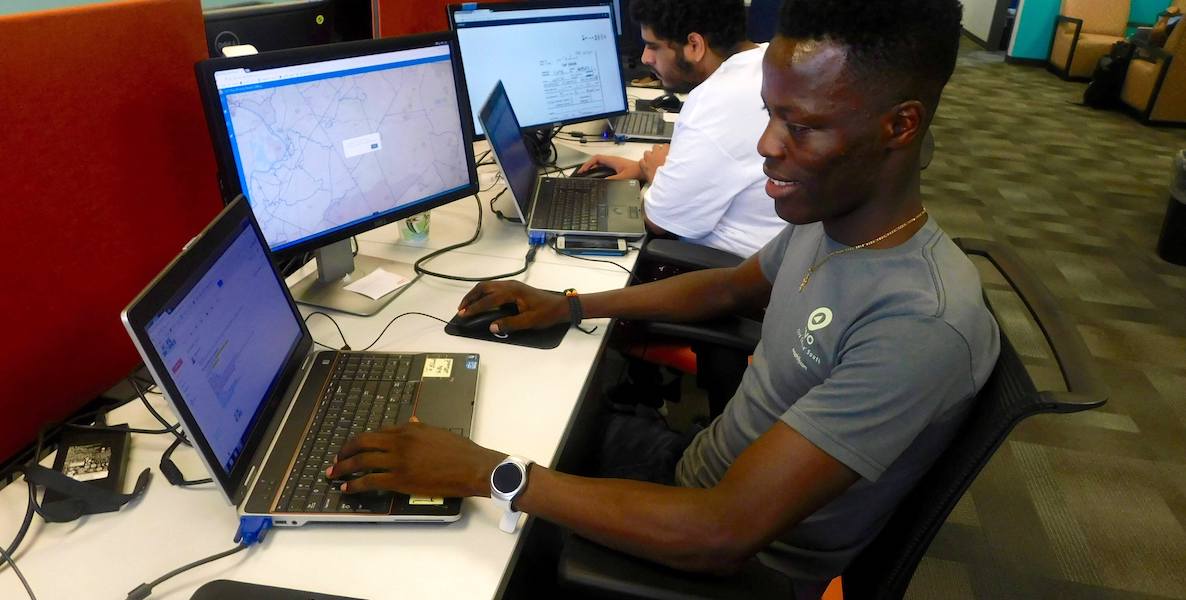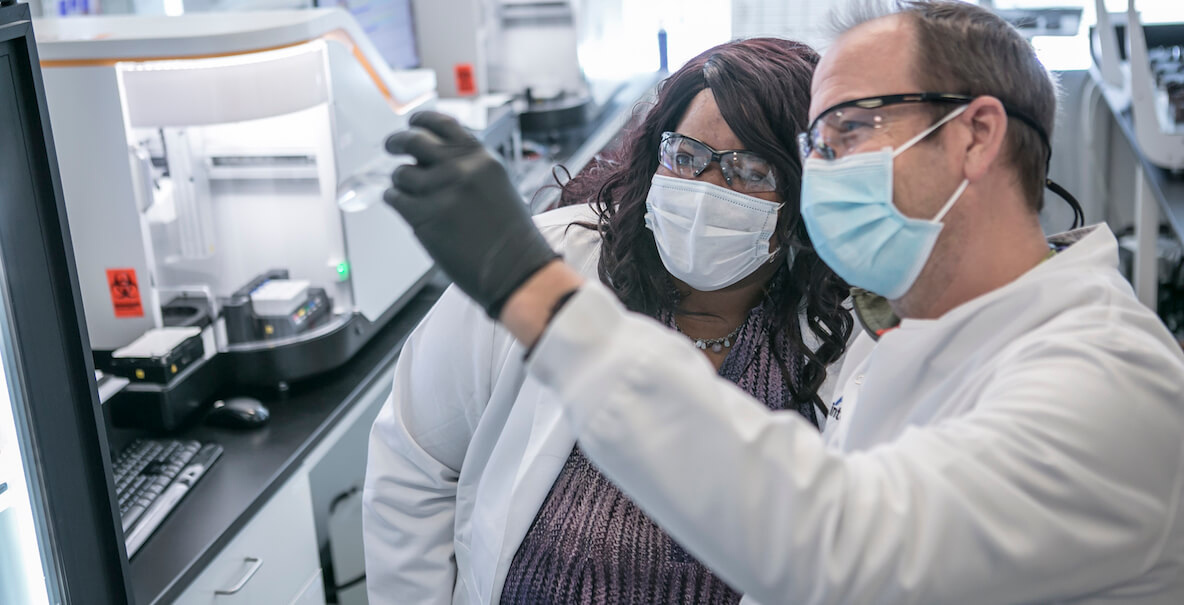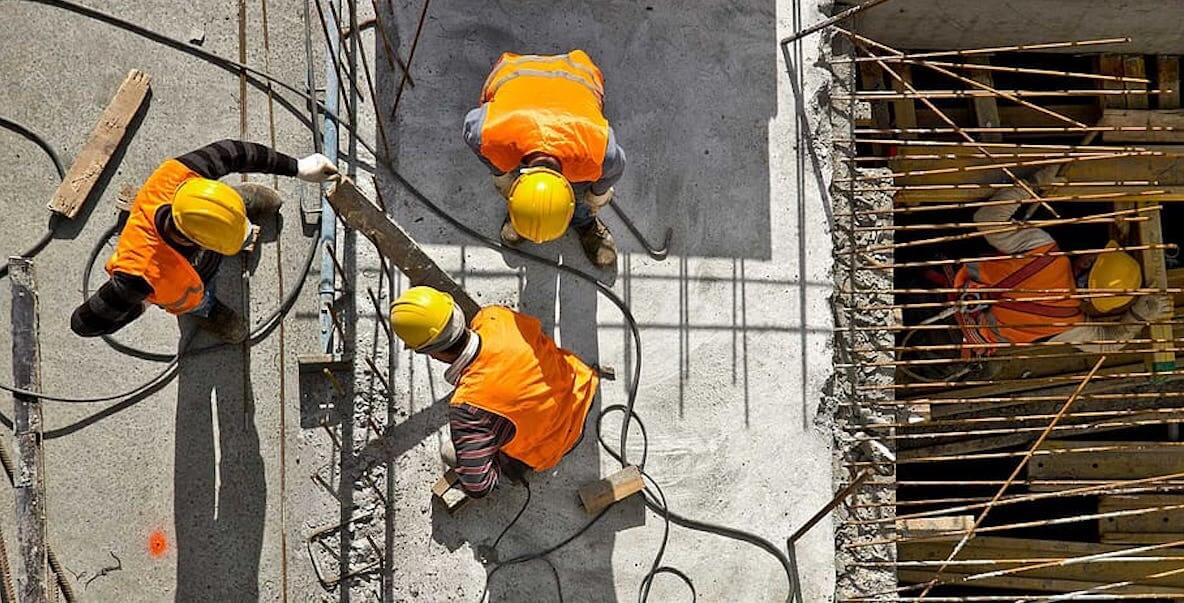In a nutshell, the future of work is about churn. Every day, there is news about employees quitting and making career moves. The Washington Post reports more than 30 percent of people under 40 are considering a career change and new business applications are booming. Anecdotally, every recent conversation echoes the woes of talent shortages and burn-out.
It is not just hype. Your labor is more highly valued now than ever.
Covid presented a threat to our existence and caused a re-evaluation. What do we do with every hour, every day? As workers take pause and consider options, wages in some sectors are on the rise. Contrary to political and ideological talking points, talent shortages are not mitigated by ending unemployment benefits. It is time for a new strategy.
Choosing a future-ready career path is not a once-in-a-lifetime decision. Nor do we all need to be software engineers. Being future-ready is a mindset. Embrace churn as inevitable and be ready to create the next opportunity.
The non-profit I founded, Future Works Alliance PHL, anticipated churn and launched a strategic collaboration to design a communications program about future-ready careers. Along with the volunteer core team of Cait Garozzo, Sena Owereko, and Gary Fredericks, from April to July of 2021, more than 75 people—employers, workers, workforce professionals, educators, researchers, and interested citizens—co-created a valuable plan for this topic.
Here are some questions people should ask as they consider pivots and manage a future-ready career.
Is there a pathway built with quality jobs?
Here is a news flash: Not every job is a “quality job.” According to the Organization for Economic Co-operation and Development, a quality job rests on a three-legged stool: Are the earnings adequate and competitive? Is there sufficient job security with some safety net for job loss? Does the work environment support your success, with adequate resources, balanced relationships, and some voice to shape how to best do the job? Research indicates it is not easy to access a quality job in our region.
Is the career in a STEAM or CARE field?
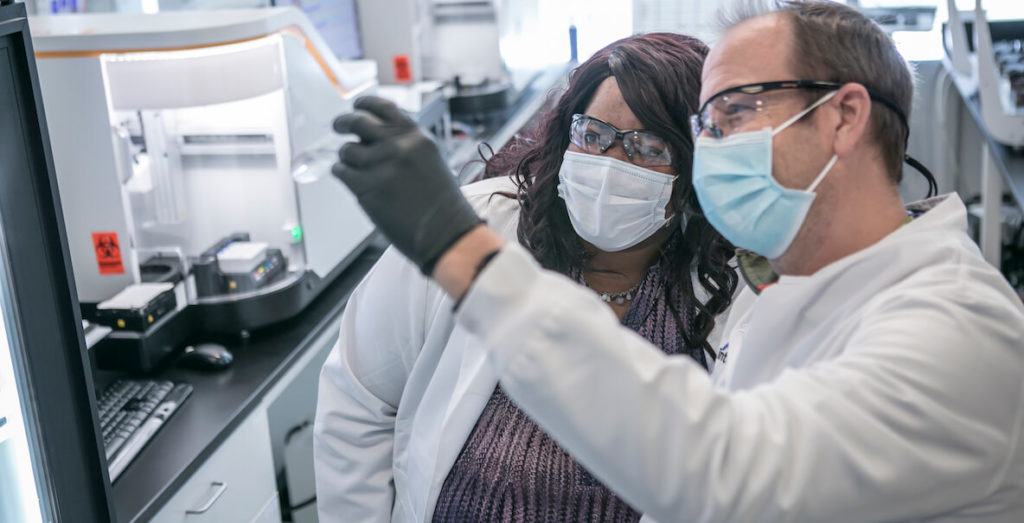
We have problems we need to solve. Skilled and creative humans will solve them. Science, technology, engineering, arts, or mathematics are therefore future-ready fields. Wages vary, both fields are very solid choices. Automation, artificial intelligence, machine learning, and big data are especially important to all other industries. The Arts? Yes, the arts need technology and a tech-driven economy needs creatives. U.S. ingenuity fuels our exports to the world. Human creativity will be in high demand, always. There is no innovation without it.
Furthermore, the high-touch, human-dependent care economy is future-ready because machines and software will only assist and augment, not replace employees. Care economy careers are very common occupations where humans care for other humans: elder care, child care, social work, counselors, teachers, and nurses. Care workers will need proficient digital skills, a fundamental understanding of virtual processes, and the ability to capture key data points.
MORE ON THE FUTURE OF WORK BY ANNE GEMMELL
One caveat, the care field has too many low-quality jobs. This is a legacy of gender discrimination and a persistent lack of compensation and prestige for emotional labor. Emotional labor requires an employee to read emotions and express empathy as a core component of successful job performance. The labor shortages in all of these fields are getting worse as large retailers raise wages. Even people who want to work in nursing homes or child care centers are hard-pressed to turn away from a much easier job for higher pay at Home Depot. Working parents, child care centers, schools, children and elders, will all suffer as a result.
What kind of employer is future-ready?

- Small and medium-sized companies in the innovation sectors are hotbeds of learning and new technology. These bootstrap environments offer great exposure to start-up culture and learning by doing. Agile teamwork under stressful conditions is filled with risk and uncertainty. The lean environment builds future-ready habits like mental resilience, lifelong learning, creativity, and problem-solving.
- Large, global employers are likely to continue to dominate because they have the resources to automate and incorporate artificial intelligence. Amazon, Facebook, Netflix, Google, Microsoft—all have the resources now to purchase smaller disruptors outright and incubate new models from within. These employers also tend to have very strong internal talent strategies to develop employee potential. However, if these corporations fall into top-heavy ways, they may not attract young talent who generally reject hierarchy.
 Employers with thoughtful talent strategies will thrive because they can offer a clear path to employees for their professional growth. Employers can help cultivate in-house innovation by allowing “side-hustles” to support creativity and the development of new skills. Smart employers embrace employees as key stakeholders for company success. When companies support and invest in their employees’ growth and development, employees feel valued. This fosters an innovative environment because employees are comfortable sharing opinions and out-of-the-box ideas.
Employers with thoughtful talent strategies will thrive because they can offer a clear path to employees for their professional growth. Employers can help cultivate in-house innovation by allowing “side-hustles” to support creativity and the development of new skills. Smart employers embrace employees as key stakeholders for company success. When companies support and invest in their employees’ growth and development, employees feel valued. This fosters an innovative environment because employees are comfortable sharing opinions and out-of-the-box ideas.
- Large employers should have a strong system of employee resource groups (ERGs) to support people of color at work. Diversity fuels the bottom line and innovation. However, DEI also needs to be evident in leadership and board roles. Too many employers are quick to release public relations statements about George Floyd but unwilling to do internal pay audits and publish the results. More employers need to commit to transparency. Price Waterhouse Cooper has been a national leader in this area since before it was fashionable.
What’s the future of labor unions?
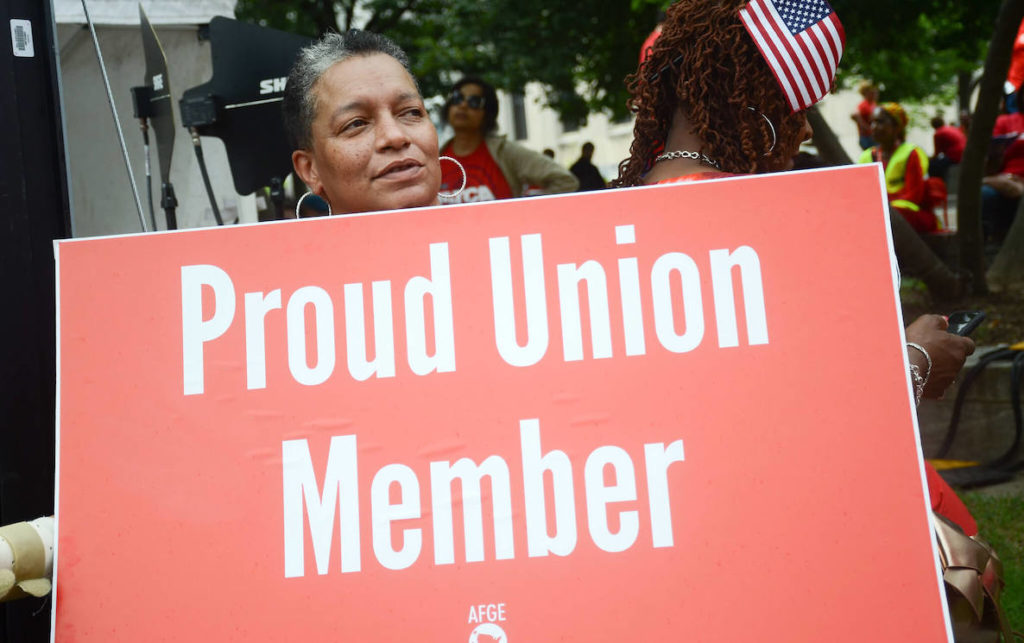
Let’s be honest. A union job almost always means a family-sustaining wage, a regular schedule, paid time off, healthcare, a voice on the job, and a more safe and secure workplace. When we had more unionized employees in the workforce, our nation had less inequality and better wage growth. However, labor union density has never been lower.
Only 13.5 percent of the employed workforce is a member of a union in Pennsylvania. In part, this is due to major regulatory hurdles undermining union organizing. But Big Labor sometimes suffers a branding problem. As a former union member and a member of the Society of Friends, I will never forget an attack on a Meetinghouse. It was an act of intimidation and retribution from skilled union members on a religious organization.
Labor unions are filled with diverse, hard-working, people who want a good life for themselves and their families. However, as institutions, too many unions cling to hierarchy. Is your union embracing new technology, aware of the new forces in the economy, and adapting alongside employers?
There are many different types of unions with widely variant degrees of openness to the future. The more open a union as a whole is to innovation and creative collaborations, the more likely it will thrive. For example, Unite Here and 1199c collaborate with Temple University Health and Aramark, respectively, to design curriculum and operate training as job openings are identified.
Labor unions are filled with diverse, hard-working, people who want a good life for themselves and their families. However, as institutions, too many unions cling to hierarchy. This often prevents the embrace of new technology and adapting to new forces in the economy.
Verizon, Communications Workers of America, and IBEW collaborate to source and develop talent so they can meet the demand for skilled workers over the next 5 to 10 years. Some unions, locally and nationally, are using virtual reality headsets in their training and partnering with community colleges so the apprenticeship programs are equivalent to college credits and even associate’s degrees.
Union members are often more prepared for the future if union leadership understands emerging technology in the industry and offers ongoing training to members. For some service sector unions, other supports mean securing clauses in contracts that mitigate the financial burden of layoffs caused by automation.
Union or non-union, choosing a future-ready career path is not a once-in-a-lifetime decision. Nor do we all need to be software engineers. Being future-ready is a mindset. Embrace churn as inevitable and be ready to create the next opportunity.
Anne Gemmell is the founder of Future Works Strategy, a consulting business focused on future-proofing. She is the former director of Special Initiatives in the City of Philadelphia Office of Workforce Development, where she was responsible for creating strategic plans focusing on emerging technologies, their effects on talent pipelines and actions for “future-proofing” our local economy.
The Citizen is one of 20 news organizations producing Broke in Philly, a collaborative reporting project on solutions to poverty and the city’s push towards economic mobility. Follow the project on Twitter @BrokeInPhilly.

RELATED
Header photo: pxfuel.com/



